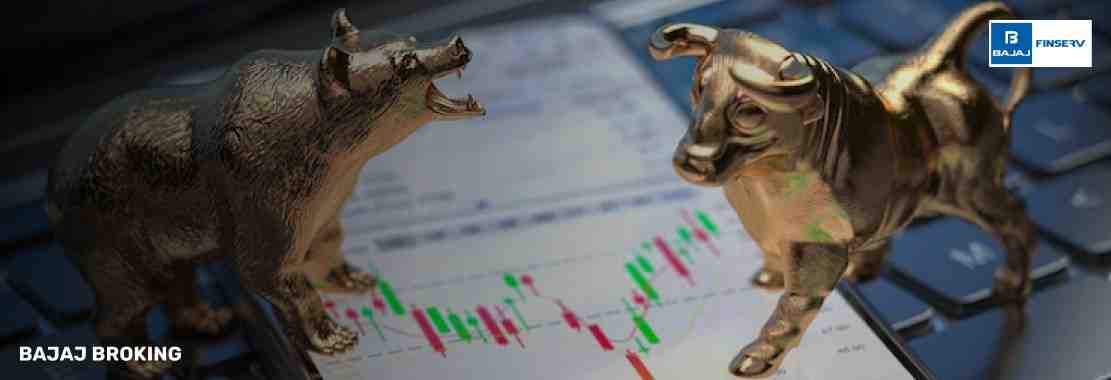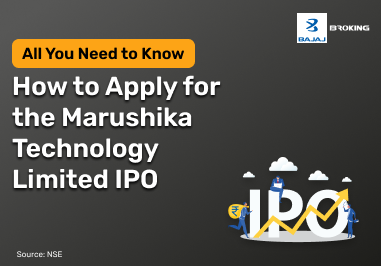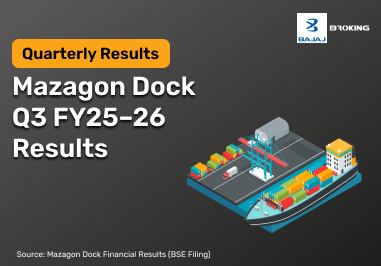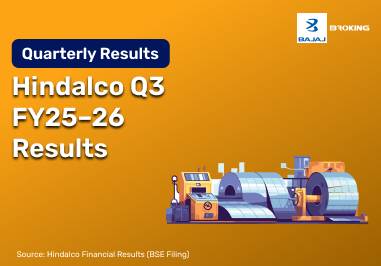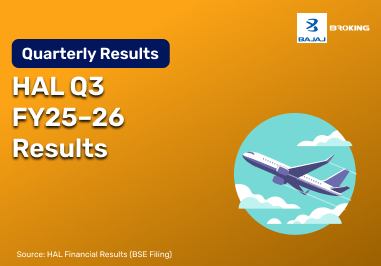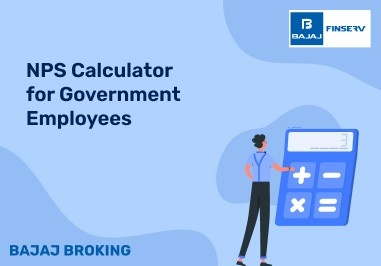Indian investors who want to trade stocks need to know the difference between a broking account and a demat account. Both accounts are closely linked and are often used together, but they have different purposes.
You use a broking account to buy and sell stocks, and you use a demat account to keep your stocks in electronic form.
Choosing between the two depends on your investment goals, trading style, and overall financial planning. Having both accounts is best in most cases because it gives you everything you need to trade and invest in the Indian market.
What is a Brokerage Account?
You can buy and sell stocks, mutual funds, and other things through a brokerage account. To open it, you need a broker, and then it becomes your direct link to the stock market.
Your bank account pays for your trades, and the shares go in and out of your demat account. The process is quick and easy because everything is connected.
It also gives you useful tools, research, and real-time data to help you make smart choices, whether you're new to investing or do it a lot.
What is a Demat Account?
A demat account is a digital locker for your investments like stocks and bonds, getting rid of paper certificates. It keeps your holdings safe, organised, and easy to find.
Your demat account takes care of moving shares when you trade. It also keeps track of any bonuses or dividends you get on its own. Indian investors need a demat account.
Key Differences Between Brokerage and Demat Accounts
A broking and a demat account work together, but they do very different things. If you know these important differences, you will be able to manage your investments with more confidence and ease.
Feature
| Brokerage Account
| Demat Account
|
Purpose
| Lets you trade stocks, funds, and other securities.
| A digital locker where you keep your bought securities.
|
Function
| The platform you use to place orders and execute trades.
| The account that holds your securities safely after a trade.
|
Ownership
| Managed and provided by a registered stockbroker or firm.
| Managed by depository participants like NSDL or CDSL.
|
Transaction Role
| This is where you start a buy or sell trade in the market.
| This is where the shares are settled and stored post-trade.
|
Required for Trading
| Yes, you absolutely need this to place any trade orders.
| Yes, you need this to receive and hold your securities.
|
Type of Activity
| Active. This is where all your trading actions happen.
| Passive. It mainly works as a safe place to store things.
|
Access
| Offers live market data, trading platforms, and research tools.
| Gives you statements that show all of your investments.
|
Charges
| Includes brokerage fees, service fees, and other transaction charges.
| Involves annual maintenance charges and demat transaction fees.
|
Linkage
| Is linked to both your bank account and your demat account.
| It is linked to your brokerage account and your bank account.
|
Usage Frequency
| Used every time you want to place a new trade order.
| Used only when securities are being transferred in or out.
|
Application
| Needed for all types of trades, including equity, F&O, and IPOs.
| Needed to receive IPO shares, dividends, and other benefits.
|
How to Choose Between a Brokerage and a Demat Account?
The choice between a broking account and a demat account really depends on your goals and how often you plan to trade. Knowing what each does helps you start right.
Understand Their Purpose
Remember, a brokerage account is your 'action' tool for trading. Your demat account is your 'storage' locker. You need both to trade and hold shares seamlessly.
Know Your Trading Goals
A demat account can work if all you want to do is hold on to your investments for a long time. However, if you want to trade often, you'll need a broking account to actually place your orders.
Check Platform Features
Brokers give you access to different tools, such as alerts, news, and charts. Choose one that is easy to use and fits your needs, especially if you're new to the market.
Consider the Charges
Compare account opening fees, annual maintenance costs, and transaction charges. A careful comparison can save you a lot of money, especially if you plan to trade actively.
Additional Read: Difference Between a Demat Account and a Bank Account
Ease of Integration
Ensure your demat, brokerage, and bank accounts can be linked smoothly. When you trade or check your portfolio, a well-integrated setup saves you time and trouble.
Read Also: Zero Brokerage Demat Account
